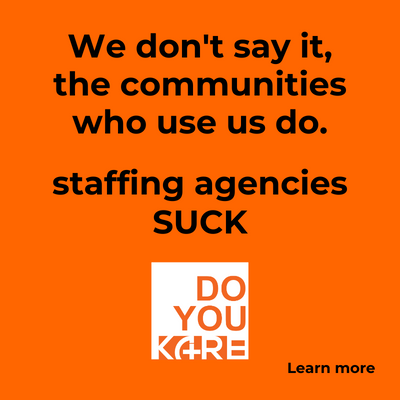Making the machines work for you…
By Steve Moran
There are two equally important reasons for attending the Annual SMASH senior living marketing summit:
-
You will get a chance to network with the best and brightest minds in the senior living space.
-
You will hear non-senior living marketing gurus blow your mind with new ways to tell your story.
Michael Fertik, the founder of Reputation.com, was the first general session presenter and perhaps the most mind-blowing point he made was that in the online marketing world we live in today it is machines, not humans that determine whether or not your senior living community will ever be seen by a prospect.
The Machines Are In Control
Almost every single senior living community has a web presence. It most often includes:
-
A community website, often supplemented by a corporate website
-
A Facebook Page
-
A listing at lead aggregation sites like Senior Housing Forum partner Caring.com and A Place for Mom.
-
A Twitter feed
-
A Pinterest page
-
Reviews at Google reviews, Yelp and Caring.com
When a prospect goes online to figure out this thing we call senior living they are likely to search for Assisted Living, Senior Housing or Nursing Home. They may or may not put in a specific location. At that point a machine . . . more accurately a set of algorithms (code that tells a computer what to do) takes a look at the search terms, adds whatever location information it gets either from the search itself or what it knows by reading data from your computer and spits out some results.
This Google machine then spits out a list of options for the searcher to look at. Depending on what you have done to make your presence machine friendly, your community may or may not show up on page 1 of the search results (mostly likely it won’t).
This is kind of scary because it means that even though you could be the best fit, Google won’t know that and the consumer searching may not even know you exist.
It’s Not Just Google
This is also true for Yelp, Caring.com, Facebook, Bing, Yahoo and other sites. Each one has it’s own electronic machine that will be determining which community will be viewed by the searcher and which will not.
Making The Machines Work For You
Vast numbers of resources are poured into understanding these machines and figuring out how to say to them in an effective manner.
“PICK ME”
Google provides some hints, but not their secret sauce for a number of healthy reasons. There are some things, though, you can do that will substantially help your “Pick Me” strategy be more effective:
-
Provide valuable content to prospects. Feature lists won’t cut it. Prices, articles on how to pick, articles on aging, fresh content will make the machines happier.
-
Get lots of online reviews. They tell the machines you are interesting to human, you are worth delivering to views.
-
Be present in many places: Your own website, Facebook, Pinterest, lead aggregation sites, Yelp, Caring.com, Senior Advisor, Twitter.
-
Make sure you are mobile friendly.
What do you think? Good thing, bad thing . . . something else?








